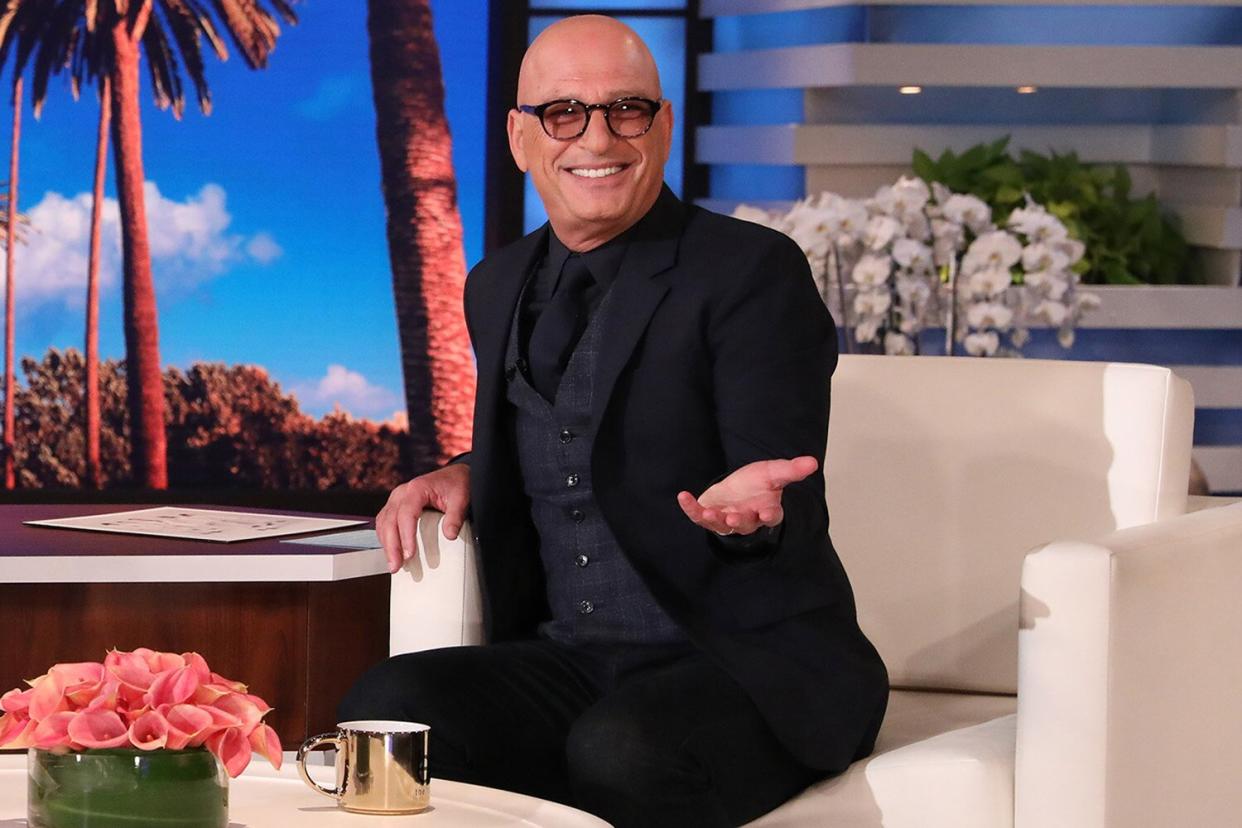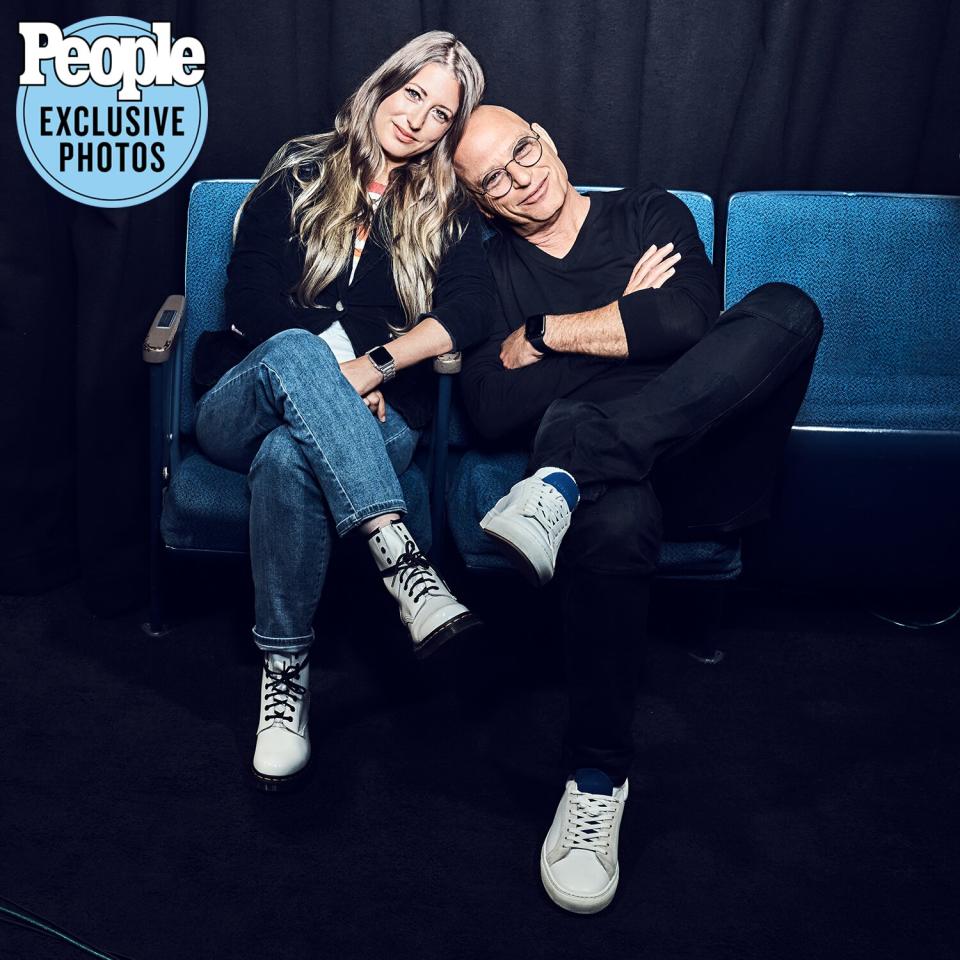Howie Mandel Stopped His Daughter from Getting a Regrettable Tattoo: 'I Said No'

- Oops!Something went wrong.Please try again later.
Michael Rozman/Warner Bros
Howie Mandel put his foot down when one of his daughters wanted to get a tattoo he felt she would regret.
When the comedian filled in for Ellen DeGeneres to host an episode of The Ellen DeGeneres Show, he talked to Spice Girl guest Melanie "Mel C" Chisholm about the NSFW tat his daughter desired (Mandel didn't clarify which of his daughters — Jackie, 37, or Riley, 29 — wanted the body art).
"My daughter wanted a tattoo too. I said no," Mandel, 66, said, before explaining exactly what his daughter wanted to get.
"She wanted a tattoo of a camel on her toe," he said.
Chisholm broke out into a big laugh as she said, "I love that!"
RELATED: Howie Mandel on His Daughter Jackie Also Suffering from Anxiety and OCD
"I said, 'You know that's a funny joke,'" added Mandel.
Mandel, who has been open about his own mental health struggles, sat down with daughter Jackie Shultz to open up to PEOPLE about how they both suffer from anxiety and obsessive compulsive disorder.
"I'm not proud of that gift I've given her," Mandel — whose daughter began exhibiting signs of OCD, which can be characterized by intrusive or repetitive thoughts or fixations, as a preteen — told PEOPLE earlier this year. "But our coping skills are to find the light."

Shayan Asgharnia Howie Mandel and daughter Jackie
"It was really, really hard," Schultz said. "My anxiety sometimes leads to depression. I went through the extreme and I just locked myself in."
Still, having a father who understands what she's going through is "helpful," said Shultz. Diagnosed in his 40s, Mandel opened up about his mental health issues in 2006. "My dad is very open about going to therapy and erasing the stigma," said Shultz. "Whenever I was upset or sad or having a bad day, I knew I could reach out."

